
What is a geriatric pregnancy?: risks and care tips
Geriatric pregnancy, also known as advanced maternal age, is when a woman is 35 or older when she gets pregnant. This has become more common, with about 1 in 5 pregnant women in this age group. The Centers for Disease Control and Prevention (CDC) says first-time births among women 35-39 have grown a lot.
Even though older mothers can have healthy pregnancies, there are risks. These include gestational diabetes and higher chances of miscarriage. This makes good prenatal care very important. It helps keep both the mother and the baby healthy during pregnancy.
Understanding Geriatric Pregnancy
The term geriatric pregnancy refers to pregnancies in women aged 35 or older at delivery. Healthcare professionals now use "advanced maternal age" to describe this. About 19% of pregnancies and 11% of first-time pregnancies in the U.S. are in this age group.
The average age for first births has gone up from 21.4 years in 1970 to 27.1 years in 2020. This makes understanding the risks of advanced maternal age crucial. Risks include gestational diabetes, Cesarean delivery, and preterm birth. These risks depend on health, pre-existing conditions, and age.
Even with challenges, most women over 35 have healthy babies at term. Women thinking about pregnancy at this age should talk to their healthcare providers. They can check health, manage chronic conditions, and plan care.
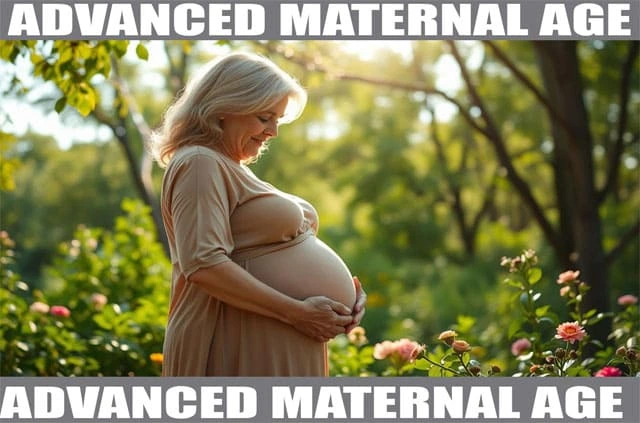
Geriatric pregnancy means careful prenatal care. Women over 40 might have regular ultrasounds to check on the baby. Women aged 35 and older with risk factors might take daily low-dose aspirin to prevent preeclampsia.
| Age Group | Risk Factors | Recommended Care |
|---|---|---|
| 35 - 39 | Gestational diabetes, Cesarean delivery | Regular prenatal visits, blood tests |
| 40 and older | Preeclampsia, fetal growth issues | Frequent ultrasounds, low-dose aspirin therapy |
Managing geriatric pregnancy involves balancing risks with health management. This supports the well-being of mother and child. Understanding geriatric pregnancy helps expectant mothers prepare for a healthy pregnancy journey.
Risks Associated with Geriatric Pregnancy
Pregnancy over 35 comes with its own set of risks and challenges. As women get older, the chance of genetic disorders and pregnancy complications grows. It's important for expectant mothers and their doctors to understand these risks.
Increased Risk of Genetic Disorders
Genetic disorders, like chromosomal abnormalities, become more common with age. Women over 35 are more likely to have children with conditions like Down syndrome. This is because the quality and number of eggs decrease with age, making them more prone to these disorders.
Doctors often suggest genetic screenings and tests. These include cell-free fetal DNA testing, amniocentesis, and chorionic villus sampling. These tests help find potential issues early, helping make better decisions about prenatal care.
Higher Likelihood of Pregnancy Complications
Pregnancies in women over 35 often face complications. Issues like gestational diabetes, preeclampsia, and high blood pressure are more common. Preeclampsia, with its high blood pressure and risk of organ damage, is a big concern for older mothers.
Women over 35 may also face longer labor, premature birth, and a higher cesarean delivery rate. Keeping in close touch with healthcare providers is key. This way, any complications can be quickly spotted and managed, improving health for both mom and baby.
Fertility and Aging: What to Know
The link between fertility and aging is key for women thinking about pregnancy after 35. As women get older, their fertility decline makes it harder to get pregnant. The quality of their eggs also goes down, raising the risk of fertility issues and pregnancy problems.
How Age Affects Egg Quality
Women are born with a set number of eggs. As they age, both the number and egg quality change a lot. By 35, the chance of getting pregnant naturally is about 15-20% per cycle. This number drops to less than 10% by 40.
This decline means a higher risk of chromosomal problems, like Down Syndrome. Miscarriages also rise, happening in 10% to 30% of pregnancies in older moms.
Challenges of Getting Pregnant After 35
The challenges of pregnancy post-35 are many. Women may face hormonal changes and lower success with IVF. They also face higher risks of gestational diabetes and high blood pressure.
Yet, many women over 35 do get pregnant successfully. It's wise for older women to get an infertility check after six months of trying. Knowing these risks helps women make better choices about their reproductive health.
Essential Prenatal Care for Mothers Over 35
For older mothers, getting good prenatal care is key to a healthy pregnancy. With more pregnancies in women over 35, it's important to know why early and regular visits are crucial. These visits help check the mom's health and give insights into the baby's growth.
The Importance of Early and Regular Prenatal Visits
Going to regular prenatal visits is very important for older moms. These visits let doctors check how well the mom is doing and watch for any problems that might come up because of her age. They help make a care plan that includes advice on diet and lifestyle to keep both mom and baby healthy.
Recommended Tests and Screenings for Older Mothers
Women over 35 should get certain prenatal screening and tests to check on their health and their baby's. Some important tests include:
| Test | Purpose |
|---|---|
| Genetic testing | Detect chromosomal abnormalities such as Down syndrome. |
| Quad screen | Assess risk for certain birth defects and abnormalities. |
| Non-stress test | Monitor baby’s heart rate patterns in reaction to movements. |
| Blood tests for gestational diabetes | Screen blood sugar levels to prevent complications. |
This early action helps find and deal with any problems quickly. It leads to better health for both mom and baby. Making sure to get the right prenatal care is very important for older moms, who might face extra challenges during pregnancy.
Maintaining a Healthy Lifestyle During Geriatric Pregnancy
Keeping healthy during geriatric pregnancy is key for both mom and baby. Good nutrition during pregnancy helps the mom gain the right amount of weight. It also supports the baby's growth. Eating a variety of fruits, veggies, whole grains, and lean proteins is important.
Women should aim to gain 25-35 pounds if they have a normal BMI. This is crucial for older moms. Good nutrition can lower health risks linked to being older during pregnancy.
Nutrition and Weight Management Tips
- Eat a variety of foods to get all the nutrients you need.
- Watch your portion sizes to eat healthily.
- Choose foods high in vitamins and minerals like folate, iron, calcium, and vitamin D.
- Drink lots of water to stay hydrated.
- Talk to your healthcare provider about a meal plan that's right for you.
Safe Exercise Routines for Expecting Mothers
Regular exercise during pregnancy is good for older moms. It keeps them healthy, helps with maintaining fitness, and manages weight. Safe exercises include walking, swimming, and prenatal yoga.
These activities can improve blood flow, lower the chance of gestational diabetes, and ease pregnancy discomfort. Always talk to your healthcare provider about the best exercises for you.
| Exercise Type | Benefits | Considerations |
|---|---|---|
| Walking | Improves cardiovascular health and mood | Wear supportive footwear |
| Swimming | Provides a low-impact full-body workout | Avoid deep water |
| Prenatal Yoga | Enhances flexibility and relaxation | Choose classes for pregnant women |
Conclusion
Geriatric pregnancy comes with unique challenges that have become more common. It's important to understand the effects of older age on pregnancy. Our summary shows that good prenatal care, lifestyle changes, and screenings are key for a healthy pregnancy.
Keeping health in check, following healthy pregnancy tips, and seeing doctors often can help reduce risks. Early detection and action are crucial for issues like high blood pressure, early birth, and low birth weight. These steps are essential as more women are giving birth in their 30s and 40s worldwide.
It's vital to focus on education and support for older mothers during pregnancy. By promoting wellness and discussing geriatric pregnancy openly, we can help them have better experiences. With the right help and knowledge, older mothers can feel confident and prepared for their pregnancies.
FAQ
What is a geriatric pregnancy?
A geriatric pregnancy, or advanced maternal age, is when a woman is 35 or older when she gets pregnant. It's important to watch closely because older women face more risks. These risks include miscarriage, gestational diabetes, and genetic disorders.
What are the risks associated with geriatric pregnancies?
Pregnancies for women over 35 come with more risks. These include genetic disorders, gestational diabetes, and high blood pressure. It's key to see a doctor regularly to manage these risks.
How does age affect fertility in women?
As women get older, especially in their mid-to-late 30s, fertility drops. The quality and number of eggs decrease. This makes it harder to get pregnant and increases the risk of genetic disorders.
What prenatal care should mothers over 35 receive?
Mothers over 35 need to see their doctor early and often. They should get genetic screening, blood tests for diabetes, and regular check-ups. These help track the baby's growth and manage any issues.
How can nutrition impact a geriatric pregnancy?
Eating well is very important for older pregnant women. Eating a variety of healthy foods helps. It can lower the risk of problems and keep both mom and baby healthy.
Is exercise safe during a geriatric pregnancy?
Yes, exercise is good for older pregnant women. Walking, swimming, and prenatal yoga are good choices. But, always talk to a doctor first to make sure it's safe.
What type of genetic testing is recommended for older pregnant women?
Doctors might suggest tests like cell-free fetal DNA testing and amniocentesis. These tests look for genetic problems. Early testing helps make better choices for the baby's health.




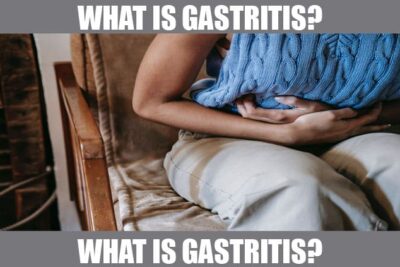

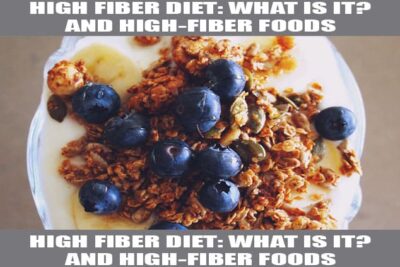



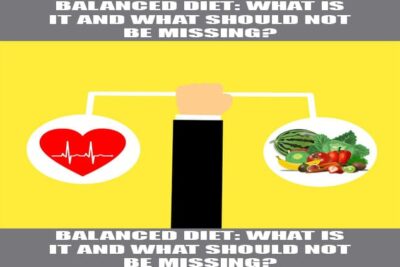


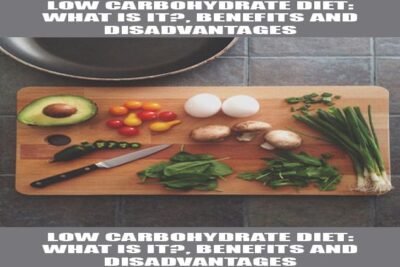
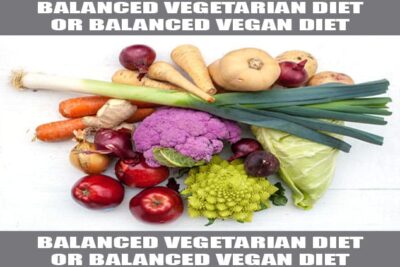
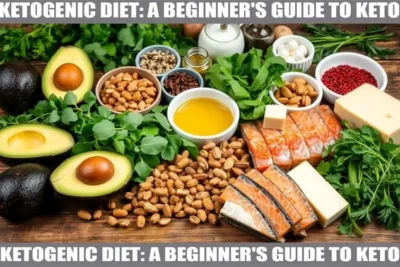

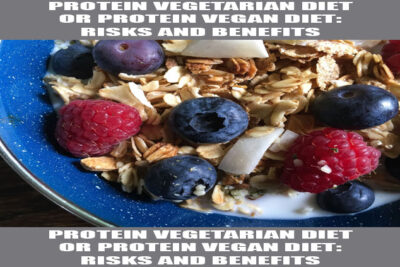

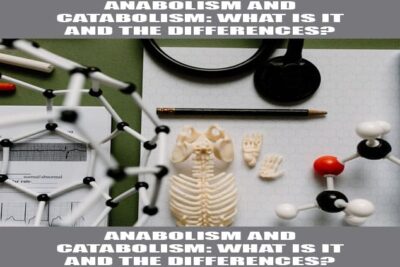




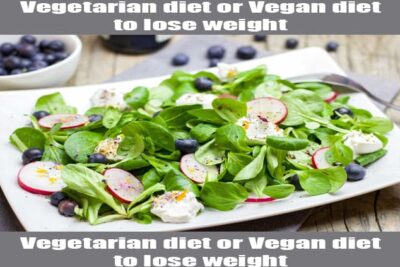
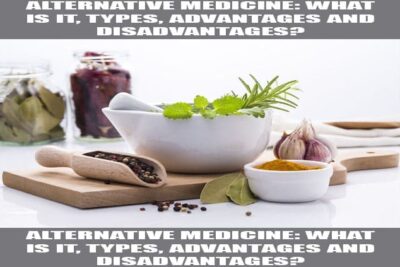
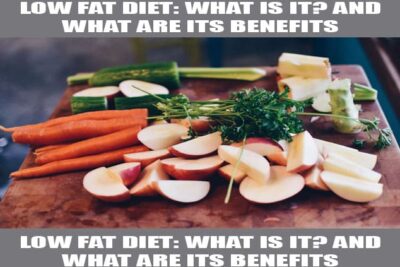
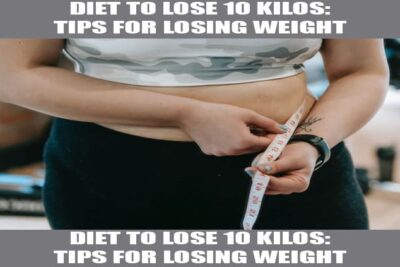
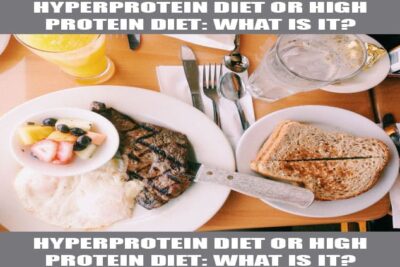
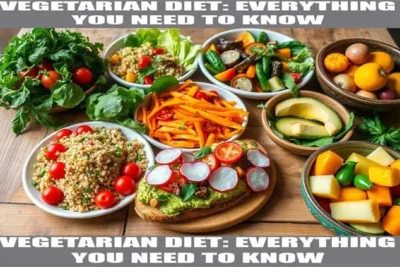
Content that may interest you